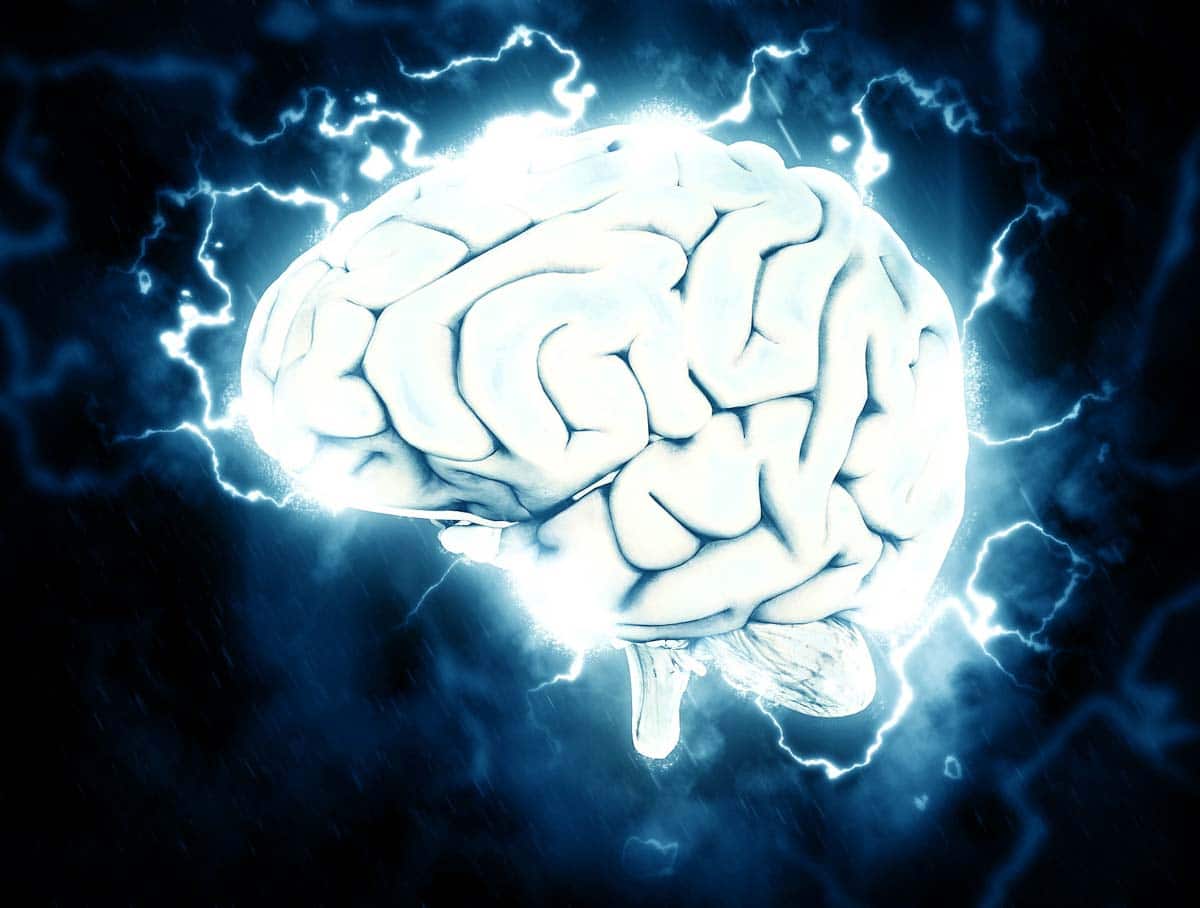When your doctor prescribes you prescription pain medications for your pain or for your recovery, they do so with the knowledge of what they are doing and why. Prescription drugs are therapeutic when they are taken the right way, but they are still dangerous and highly addictive medications. They often have psychoactive properties, which means that they are highly likely to be used inappropriately and misused to the point of addiction. There are plenty of addiction centers and treatment centers out there for those who need them, but understanding what happens to the brain when using prescription pain medications is important. This education can make a difference in you whether you continue to misuse prescription pain medication beyond the prescription you were given. So how do prescription drugs affect the brain?
Before prescriptions for controlled drugs are given, doctors will always weigh the risk of not using the drug versus the risks of using it. One of the risks is that abusing a prescription drug for its continued “high” is a result. Chronic abuse of prescription pain medicine is not much different from the use of illegal drugs, there is a need for them and addicts do what they can to get them. They’re powerful and they affect the brain in many different ways, and the drugs themselves can change the neurochemistry in the brain.
There are several different kinds of prescription drugs that are often abused. They activate opioid receptors in the brain and this decreases the perception of pain signaling. This receptor interaction is often associated with the release of dopamine in the reward center: it makes us feel good. That feel-good factor is what makes people continue to use prescription pain medication after they are supposed to stop. During the release of dopamine, the brain reacts and feels pleasure in the body. That’s a feeling that’s addictive. The rewarding effects feel good in the brain, but this isn’t actually a good thing long-term. It’s why people end up using more prescription pain meds than is necessary and even turning to other drugs.
Opioid Receptors and The Brain

Opioids attach to opioid receptors in the brain and repeated surges like this can lead to further repetition of the drug-taking behavior. The human brain is a marvelous thing, but it’s flawed. Being addicted to a substance can lead to further drug-taking, and the withdrawal effects of that drug on the brain or the body can often be worse for some than the need for drugs as part of an addiction. Understanding how the brain responds to natural rewards and drugs is important, as this can make the difference between being able to come off the drugs or not.
Receptor sites interact with the neurotransmitters of the body. These are chemical messengers that bind to receptors for the right response in the body. Dopamine molecules, for example, attach to the dopamine receptors. This makes the brain feel happy and rewarded for taking drugs in the first place. Opioids mimic the pain-relieving chemicals in the brain, blocking the brain’s perception of pain. Along with this, the euphoria is very addictive. The brain begins to crave that euphoric feeling, leading to further use and misuse of other drugs. While the pain relief is great post-injury or surgery, the long-term use of these drugs is dangerous and there is a good reason the doctor puts a limit on how long these drugs should be taken!
The brain builds up a tolerance for the opioids in the system, and this tolerance leads to the individual needing more and more of the drug. This will help them to achieve the same feelings of calmness and happiness and as the drug effects are tolerated by the body, the need for more intense doses increases. The brain is a powerful organ, and a buildup of prescription drugs can be dangerous and addictive. Muscle aches, irritability, anxiety, and vomiting are all effects. To avoid this, withdrawing from the drug WITH the help of the doctor and the treatment center is a must. It’s important to break the cycle before it becomes a vicious one and you rely too heavily on the drug to be able to function normally.
Treatment For Addiction To Prescription Pain Medications
Prescription drug addiction is a serious health issue. With the right treatment, though, you can ensure that you are back to your best in no time at all. There are usually underlying issues with substance abuse that need to be addressed, and addressing these issues is vital to ensure that you are comfortable and recovered.

